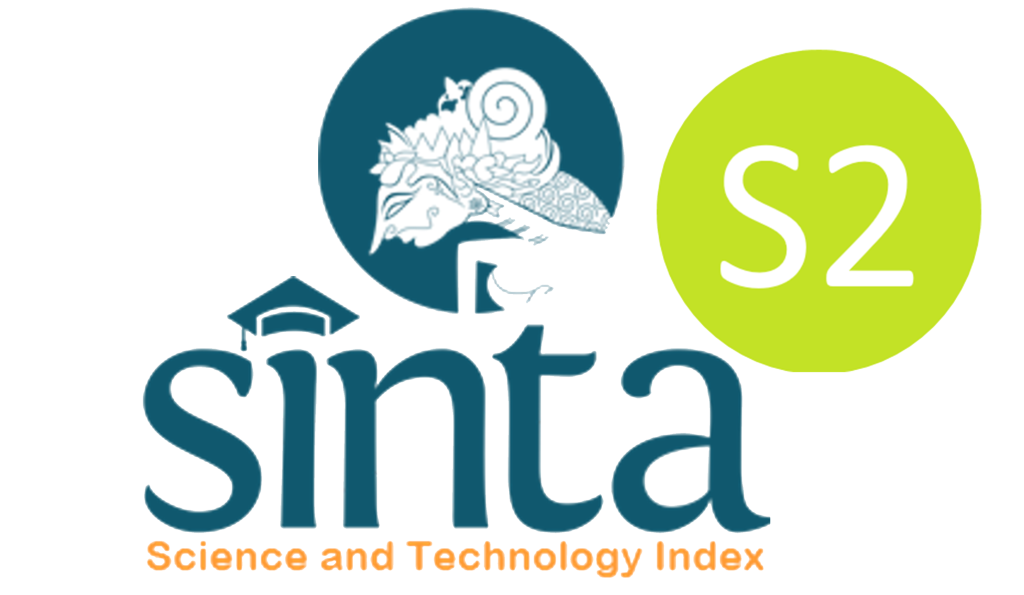LEGAL PROTECTION FOR EMPLOYMENT AND PREVENTIVE MEASURES AS A MEANS OF SOLVING THE PROBLEM OF LOW QUALITY HUMAN RESOURCES
DOI:
10.54443/ijerlas.v5i6.4241Published:
2025-10-14Downloads
Abstract
Every Indonesian citizen naturally desires social welfare. Every need, such as food, clothing, education, health, employment, a comfortable environment, and other basic needs, can be met. Therefore, social welfare also depends on the type and level of knowledge possessed and developed by the community itself. If human resource development efforts in a country are carried out optimally, the level of happiness and prosperity in a country will increase. As is the case with Indonesia, which is constantly developing its human resources in accordance with current developments. Furthermore, workers require legal certainty in carrying out their work. In this regard, the law is essential in regulating human resource management. The government's role must continue to be enhanced in terms of legal protection for all workers. This should include creating clear and fair legal products, socializing these legal products, and taking firm action against violators of established laws and regulations. The problem that has arisen is the large number of foreign workers entering Indonesia. The government's policy of implementing visa-free provisions for a number of countries will have an impact on the emergence of illegal immigrants in Indonesia. This is also feared to eliminate job opportunities for the Indonesian people, and the arrival of foreign workers could even create social, political, and security problems. Regulation of the Minister of Manpower of the Republic of Indonesia Number 14 of 2015 concerning the Ministry of Manpower's Strategic Plan for 2015-2019 explains that Indonesia's labor market still suffers from low-quality human resources. This has resulted in low competitiveness of Indonesian workers compared to foreign workers entering Indonesia. One solution implemented by the Government is collaboration with various domestic and foreign institutions, both government and private, and companies that accommodate or absorb human labor. This is expected to provide the best results in addressing the problem of weak human resources in Indonesia.
Keywords:
human resources Indonesian Labor Law workforce low human resourcesReferences
Constitution
The 1945 Constitution of the Republic of Indonesia, Preamble
Law Number 13 of 2003 concerning Manpower.
Civil Code
Regulation of the Minister of Manpower of the Republic of Indonesia Number 14 of 2015 concerning the Strategic Plan of the Ministry of Manpower for 2015-2019
Government Regulation No. 13 of 2006 concerning the national job training system
Book
Donald Albert, Introduction to Legal Science, PT RajaGrafindo Persada, 2014.
Donni Juni Priansa, Human Resources Planning and Development, CV. Alfabeta, 2016.
Hj. Ike Kusdyah Rachmawati, Human Resource Management, Andi Publisher, 2008.
Rachmat Trijono, Introduction to Employment Law, Papas Sinar Sinanti, Jakarta, 2014.
Soerjono Soekanto, Introduction to Legal Research, Ui Press, Jakarta, 1984.
Lecturer Team, Legal Professional Ethics, Sam Ratulangi University, Faculty of Law.
Journal
Delia, Legal Aspects of Human Resource Development According to Law Number
of 2003 concerning Manpower, Jurnal Lex Crimen Vol. VI No.2, Mar 2017.
Article
Department of Social Affairs, Manpower and Transmigration, 2016, Job Training Center article. Taken from the site: https://kumparan.com/rifaatuldpk/penegakan-hukum-dan-upaya-pemerintah-dalamkembang-sumber-daya-manusia-1y5Pw2RmSdQ/full, Accessed on October 8, 2025, at 23.20 WIB.
Ministry of Finance, Taken from the site: http://www.kemenkeu.go.id/Artikel/daya-saing-sumber-daya-manusia-indonesia-menghadapi masyarakat-ekonomi-asean, Accessed on October 8, 2025 at 00.30 WIB.
License
Copyright (c) 2025 John Dongan Tua Situmorang

This work is licensed under a Creative Commons Attribution 4.0 International License.









